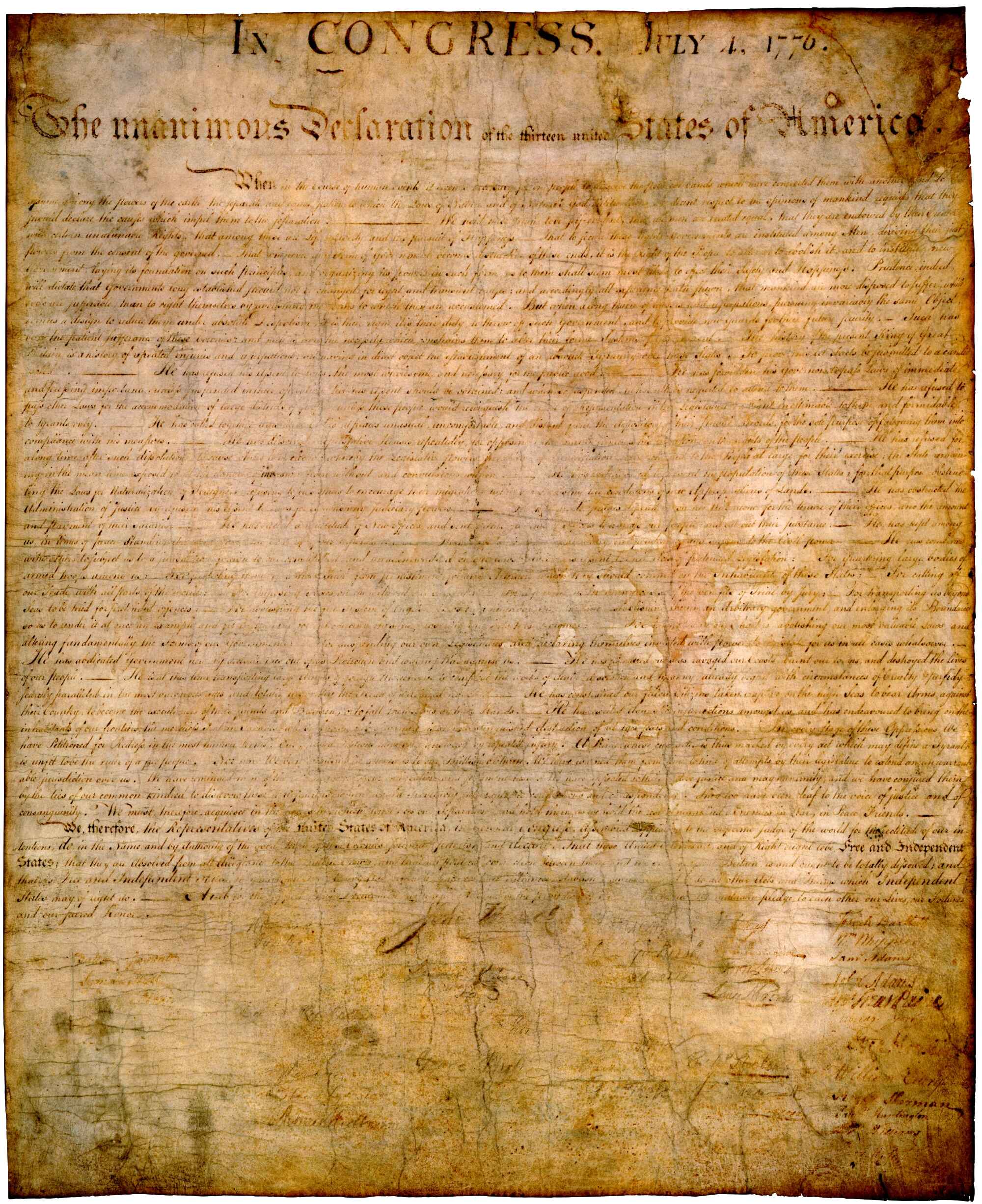 Well, in this episode I'm going to tell you about one of the biggest war badever been fought in land of the new world. It is American Civil War. That's well know as the "American Darkness Era".
Well, in this episode I'm going to tell you about one of the biggest war badever been fought in land of the new world. It is American Civil War. That's well know as the "American Darkness Era". It was begin in the spring of 1861, decades of simmering tensions between the northern and southern United States over issues including states' rights versus federal authority, westward expansion and slavery exploded into the American Civil War (1861-65).
The election of the anti-slavery Republican Abraham Lincoln as president in 1860 caused seven southern states to secede from the Union to form the Confederate States of America. Four more joined them after the first shots of the Civil War were fired.
Four years of brutal conflict were marked by historic battles at Bull Run (Manassas), Antietam, Chancellorsville, Gettysburg and Vicksburg, etc.
The War Between the States, as the Civil War was also known, pitted neighbor against neighbor and in some cases, brother against brother. By the time it ended in Confederate surrender in 1865, the Civil War proved to be the costliest war ever fought on American soil, with some 620,000 of 2.4 million soldiers killed, millions more injured and the population and territory of the South devastated.




